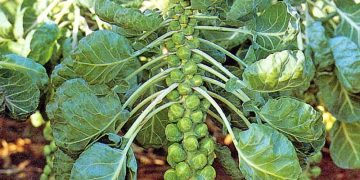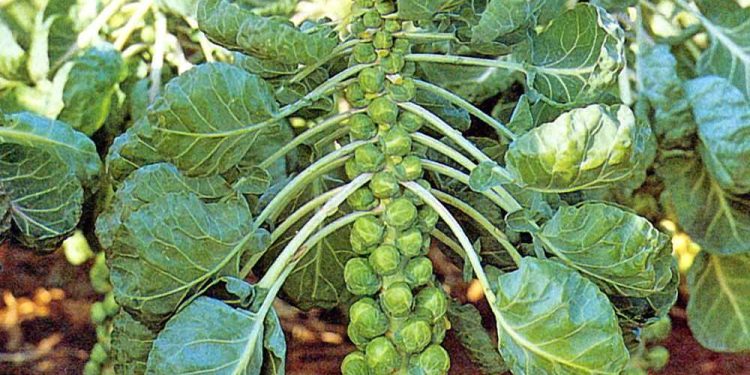In accordance with the objectives of the ministry, the article examines the prospects for growing various highly profitable crops, including cauliflower, broccoli, Brussels sprouts, oil flax, sorghum, rapeseed, strawberries, raspberries and others. Although some crops raise questions about their viability, the main goal remains to identify varieties that promise significant returns for rural producers.
The Ministry of Water Resources, Agriculture and Food Industry of the Kyrgyz Republic is embarking on a visionary quest to transform the agricultural sector. Through strategic initiatives aimed at introducing high-yield crops, the ministry seeks to support the economic prosperity of farmers while positioning Kyrgyzstan as a serious contender on the global agricultural stage.
Against the backdrop of these ambitions, the ministry’s focus on diversifying its crop portfolio is particularly noteworthy. Moving beyond traditional staples such as wheat and potatoes, Kyrgyz farmers are poised to reap the rewards of growing niche crops with growing market demand. Among the crops intended for experimentation and cultivation are cauliflower, broccoli, Brussels sprouts, oil flax, sorghum, canola, strawberries, raspberries and others.
While the appeal of highly profitable crops is undeniable, pragmatic considerations should temper the enthusiasm. Not all crops can grow well in the varying climatic and soil conditions of Kyrgyzstan, which raises legitimate concerns about the possibility of their widespread adoption. Therefore, the ministry’s approach is sound, prioritizing research-based decision-making and on-site testing to identify the most suitable varieties for local cultivation.
The value of these efforts goes beyond immediate economic benefits. By providing farmers with diversified sources of income and expanding export potential, Kyrgyzstan is poised to strengthen the sustainability of its agriculture and make a meaningful contribution to global food security. Moreover, the drive to grow high-value crops underscores the country’s commitment to sustainable agricultural practices, which is consistent with broader efforts to mitigate environmental degradation and promote environmental conservation.
As the department navigates the complexities of agricultural innovation, collaboration is key to success. Partnerships with research institutions, agricultural experts and international stakeholders are essential to harness the full potential of high-yield crops and develop a thriving agricultural ecosystem.































